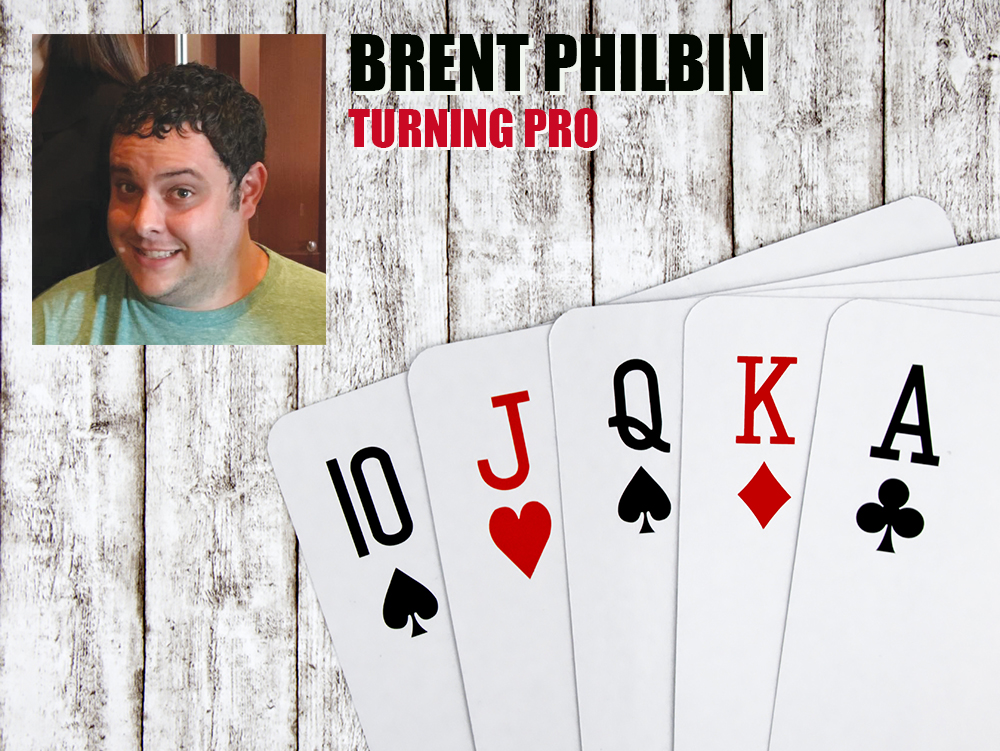How can we detach ourselves from the results, but still analyze them?
As a professional player, you have a duty to yourself to be unemotional about the results of your sessions. You also must analyze the results of your play and make adjustments accordingly. How can both of these things be true?
Take the roulette wheel as an example. If you saw a roulette wheel turn up red 10 times in a row, your base instinct is to think that it’s more likely to come up black on the next spin. The truth is, the odds of the next spin producing black are exactly the same in a fair game, 50-50 assuming no green spots.
However, if you looked back on 10,000 spins and zoomed in on those 10 red spins, you would probably be able to find a similar group of black spins somewhere in the graph. This is called reversion to the mean and is often misrepresented. It can only be observed in the past, not predicted in the future.
So what does this have to do with your poker play? Well, you have to look at the results and understand them. You had something unlikely happen many times in a row and then when you looked at the data from a greater angle, you were able to see the “expected” other side of that coin. This is how you should look at your poker playing. A long streak of losing sessions probably will be offset by winning ones if you manage to keep your wits about you and keep emotions out of the game.
What if you don’t see it? What if you looked at all of the data of that wheel and then consistently that wheel produced significantly more red numbers than black over the course of 10,000 spins?
Well, there are two options: The first is that this is an extreme variance and that after 10,000 more spins this will look less significant.
The second, and in this case probably more likely, means the game is unfair. Something will be wrong with that particular roulette wheel and it just can’t keep itself out of the red.
In your poker game, if you continue to lose and you’ve put in a bunch of hours and see negative results, well, you might be like the broken roulette wheel. You might not be playing a fair game, because opponents are better than you. So it’s important that you detach yourself from short-term results, but don’t ignore a long-term trend. A long-term trend of losing might mean it’s time to start some serious study or hang up the hoodie entirely.
— Brent Philbin is a pro you can reach at BrentPhilbin@gmail.com.



